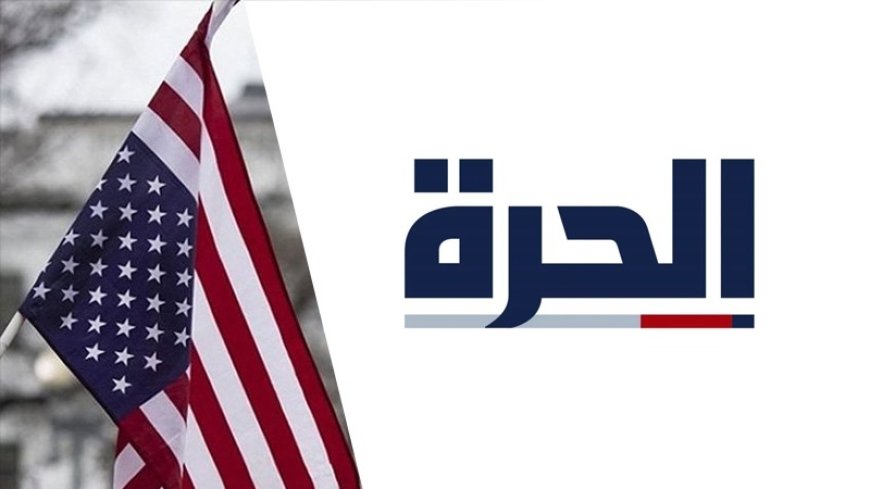In a significant move reflecting rising tensions between Iraq and a prominent American media outlet, the Iraqi Communications and Media Organization has announced a three-month suspension of the license for Al-Hura TV. This decision follows widespread protests across Iraq against the network’s recent coverage, which many have deemed offensive to the country's high-ranking religious figures and institutions.
Al-Hura TV, established in 2004 with substantial funding from the US Congress, has long been a point of contention in Iraq. The network, which operates in Arabic, has been accused of playing a destabilizing role in the country, contributing to unrest and controversy. The latest dispute centers around a report broadcast by Al-Hura that alleged corruption among Iraqi religious leaders and institutions.
The Iraqi Communications and Media Organization (ICMO), the official regulatory body overseeing media operations in the country, issued a statement on Monday detailing the suspension. The ICMO condemned Al-Hura TV for disseminating what it called "false and damaging reports" about religious figures in Iraq. The statement criticized the network for failing to adhere to professional journalism standards and claimed the report contradicted the principles of fair and accurate media reporting.
In addition to the suspension, the ICMO has demanded an official apology from Al-Hura TV. The organization also warned that any future violations could lead to more severe penalties. It has offered affected individuals the opportunity to file lawsuits against the network, highlighting the gravity of the situation.
The controversy surrounding Al-Hura TV has sparked a strong reaction from various Iraqi groups. The Hashd al-Sha'ab organization condemned the network for what it described as a "hostile media policy." Ghais Al-Khazali, the Secretary General of the Asaib Ahl al-Haq movement, labeled the report as a "dangerous sign of American foreign policy," further fueling the narrative of distrust toward the US-backed media outlet. Sunni religious organizations in Iraq have also denounced the report, labeling it as a complete "lie."
Al-Hura TV’s suspension comes at a time of heightened scrutiny of American influence in Iraq. Critics argue that the network's activities are part of a broader strategy to undermine Iraq’s religious and cultural values, potentially fostering division and discord among Iraqis. Some view the network’s actions as part of a "soft war" aimed at disrupting Iraq's social cohesion and deteriorating its relations with neighboring countries, notably Iran.
This suspension underscores the sensitive nature of media operations in conflict and post-conflict zones, where foreign influence and local perceptions can dramatically affect diplomatic and social dynamics. As the situation develops, the international community will be closely watching the implications of this decision on Iraq's media landscape and its relations with the United States














































